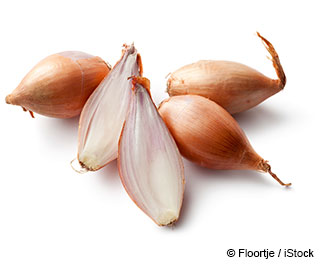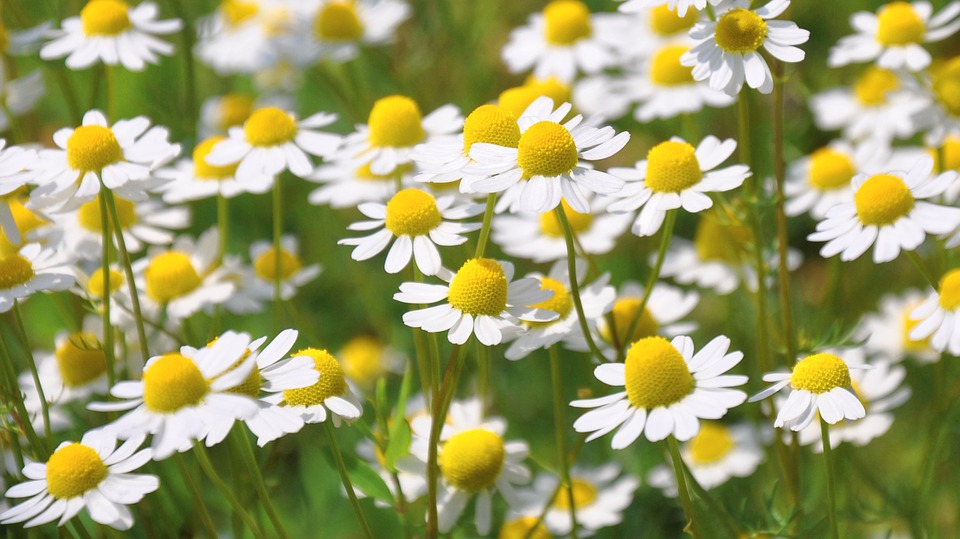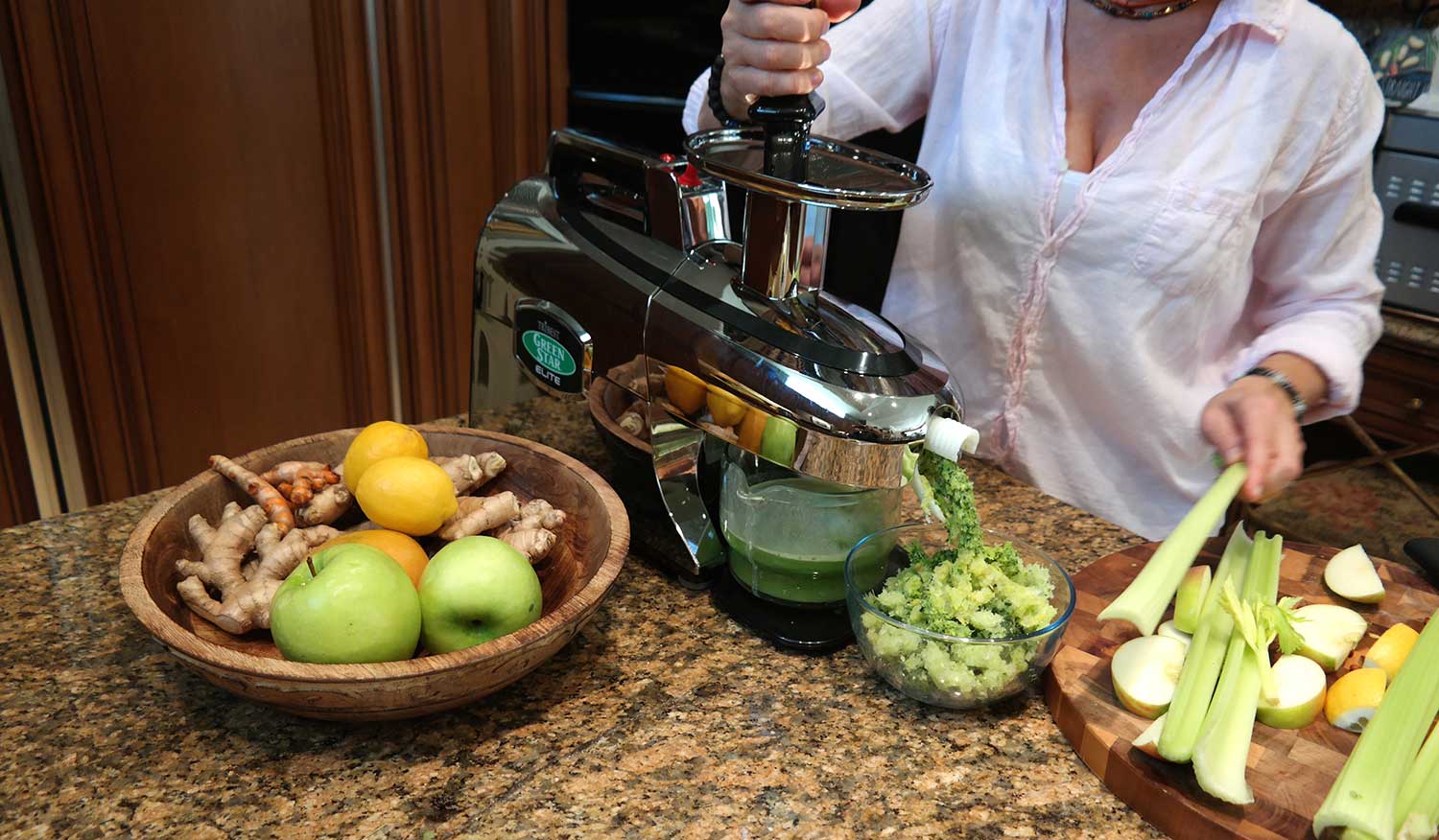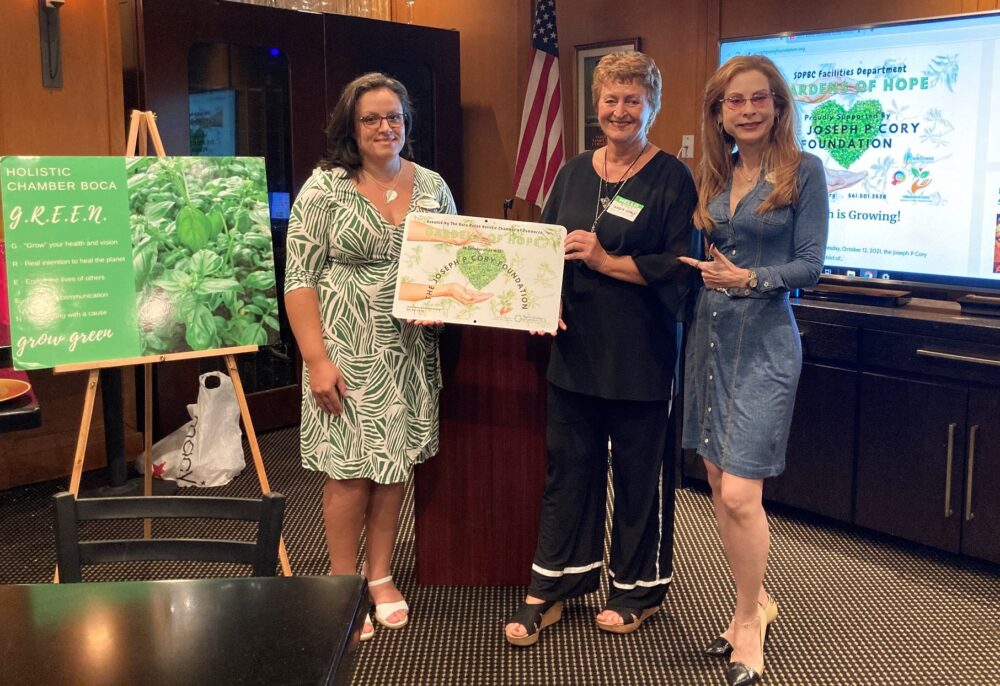What Are Shallots Good For?
The Shallot: A Rival to the Onion
Botanical name: Allium cepa var. ascalonicum
Shallots have such a close resemblance to onions that at first glance, you may be tempted to classify them as a smaller onion variant. While both of them do belong to the same family, shallots are a different species from onions.
The flavor of shallots is often described as being sweeter and more delicate compared to a regular onion, and less pungent than garlic. This makes shallots a key ingredient in beurre blanc and béarnaise sauces, as well as other dishes, enhancing their flavor.
There are a variety of shallot flavors that you can purchase to suit your cooking needs. Sweet shallots are usually sold in mid-summer, while subtle-flavored shallots arrive in spring. If you want dry shallots, they’re available throughout the year.
Health Benefits of Eating Shallots
Alliums are known for their various nutrients and antioxidants, so it’s no surprise that shallots provide various health benefits, such as:
• Reducing Cancer Risk
One of the most important benefits shallots are known for is their high amount of antioxidants, which can help lower your risk of certain cancers.
Shallots contain diverse antioxidants, such as quercetin, kemferol and several sulfuric antioxidants that work together when sliced during cooking preparation to form a new compound called allicin. This compound gives shallot its cancer-fighting properties.
• Improving Blood Circulation
Shallots have generous amounts of iron and copper, two minerals that are known for increasing red blood cell production. A higher red blood cell count can help bring higher amounts of oxygen throughout your body, which can help promote cell growth, healing and energy.
• Maintaining Optimal Cholesterol Levels
Aside from lowering your risk of cancer, allicin may also help regulate your cholesterol levels. It works by inhibiting the production of a reductase enzyme in your liver responsible for cholesterol production. By helping manage your cholesterol levels, your risk of coronary heart disease, atherosclerosis, heart attacks and strokes will be reduced.
• Decreasing Blood Pressure
When potassium and allicin in shallots combine, they release nitric oxide into your system, which help lower your blood pressure. Potassium is a well-known vasodilator, an agent that helps the walls of your blood vessels relax, allowing blood to move more freely.
• Maintaining Blood Sugar Levels
Shallots contain allium and allyl disulfide. Together, these compounds help regulate your blood sugar levels, helping diabetics to keep their condition under control.
| Amt. Per Serving | % Daily Value* | |
|---|---|---|
| Calories | 72 | |
| Calories from Fat | 1 | |
| Total Fat | 0 g | 0% |
| Saturated Fat | 0 g | 0% |
| Trans Fat | ||
| Cholesterol | 0 mg | 0% |
| Sodium | 12 mg | 1% |
| Total Carbohydrates | 17 g | 6% |
| Dietary Fiber | 0 g | 0% |
| Sugar | ||
| Protein | 3 g | |
| Vitamin A24% | Vitamin C | 13% |
| Calcium4% | Iron | 7% |
*Percent Daily Values are based on a 2,000 calorie diet. Your daily values may be higher or lower depending on your calorie
Studies Done on Shallots
Several scholarly studies have been conducted on shallots to verify their health benefits. In a 2011 study published by the Archives of Medical Science, researchers studied the anticancer and anti-inflammatory benefits of shallots. They obtained aqueous extracts from shallot bulbs and tested them on tumor cell lines. The study concluded that the bulbs have strong anticancer and anti-inflammatory properties, which can become a viable alternative treatment for cancer patients.1
In another study, shallot bulb extracts were again studied for their anti-angiogenic activity. Angiogenesis is the growth of new blood vessels, which play a critical role in the growth and spread of cancer to adjacent healthy cells. The study concluded that the extracts had strong anti-angiogenesis properties, which may help stop the spread of cancer.2
Shallots Healthy Recipes:
Cornish Game Hens With Rosemary and Shallots
Ingredients: | ||
4 Cornish game hens split lengthwise, or 6 pasture-raised chicken legs or thighs | 2 tablespoons coconut oil | 2 tablespoons raw butter, melted |
1 tablespoon fresh rosemary, chopped | 2 tablespoons shallots, chopped | 1 tablespoon raw butter |
2 tablespoons organic coconut flour | 2 cups chicken stock | ½ cup white wine vinegar |
Procedures:
- Place the game hen halves with the skin side up in a baking pan. Brush the meat with the mixture of butter and coconut oil, then season with chopped rosemary, salt and pepper. Bake at 375° Fahrenheit for about 1.5 hours. Remove to a heated platter and keep warm in oven while you’re making the sauce.
- To make the sauce, sauté the shallots in 1 tablespoon of butter for 3 to 5 minutes, turn off the heat, stir in the coconut flour, and then pour the white wine vinegar into the pan. Bring the mixture to a boil while stirring constantly with a wooden spoon.
- Add the chicken stock, bring to a rapid boil, and let the sauce reduce for about 10 minutes until it thickens (if the sauce needs to be thicker, mix 1 tablespoon of coconut flour in a cup with some of the sauce, then add that to the pan). Transfer the chicken to individual plates and then pour the sauce over.
This recipe makes four servings.
(From Healthy Recipes for Your Nutritional Type by Dr. Mercola)
Fun Facts About Shallots
Ascalonicum, the botanical name of shallots, is derived from the ancient Palestinian city of Ascalon, which is now known as Ashkelon, a city of Israel. It is believed that ancient Greeks gave the plant this name because they believed that it originated in that particular region.
Summary
Shallots are one of the healthiest vegetables you can add to your diet. With strong anticancer properties and cardiovascular benefits, your body will surely benefit from using shallots in your recipes every now and then. Just remember, shallots are not onions, and therefore have their own taste. Using shallots in place of onions (and vice versa) may result in unpleasant flavors, so use caution.





